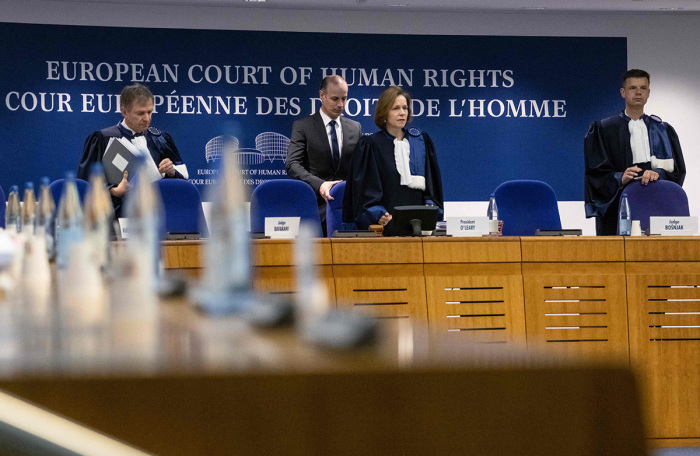‘Violation of parental rights’: Germany denies Christian school accreditation

A Christian school has taken its case to the highest human rights court in Europe after German officials refused to grant accreditation because of its innovative hybrid approach, which merges in-person and at-home learning, even though the school fulfills all state-required standards and curricula.
The Association for Decentralized Learning filed the case at the European Court of Human Rights last week, according to the rights group ADF International, which is supporting the school provider and maintains that the German state’s restrictive educational system is infringing upon parental rights and educational freedom.
“The right to education includes the right to embrace innovative approaches like hybrid schooling,” said the group’s Director of European Advocacy Felix Böllmann. “By restricting this educational model, the state is violating the right of German citizens to pursue education that conforms with their convictions.”
The Association initially applied for accreditation in 2014, but the application was ignored by state educational authorities for three years, ADF International said.
In response to the lack of action, the school filed a lawsuit in 2017. The initial court hearing occurred in 2019, followed by an appeal in 2021, and a third-level court proceeding in May 2022. In December 2022, the Constitutional Court dismissed the final domestic appeal.
The Association’s hybrid school has been operating successfully for nine years, employing state-approved teachers and following a set curriculum. Students graduate with the same examinations as their public school counterparts and maintain above-average grade points.

Jonathan Erz, head of the Association for Decentralized Learning, expressed hope that the court would recognize the value of their innovative educational model, which uses modern technology and individual student responsibility.
Despite providing satisfactory education, the Association has been denied approval to open new schools, ADF International said, adding that the administrative courts have criticized the hybrid model, arguing that students spend insufficient time together during breaks and between lessons, which they consider an essential part of education.
German educational restrictions, including a ban on homeschooling, are considered to be in violation of both international law and the country’s own constitution.
ADF International lawyers argue that the domestic courts’ interpretation of the German Basic Law (Article 7) renders the right to establish private schools ineffective, constituting a violation of the European Convention of Human Rights.
Böllmann underlined the importance of parental rights in international law.
“It is established clearly in international law that parents are the first authority for the education of their children,” he said. “What the German state is doing to undermine education is an overt violation of not only freedom of education, but also of parental rights.”
He also pointed to distance learning during COVID-19 lockdowns as evidence that a complete ban on independent and digitally supported learning is outdated.




























